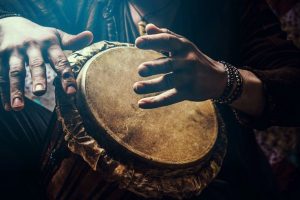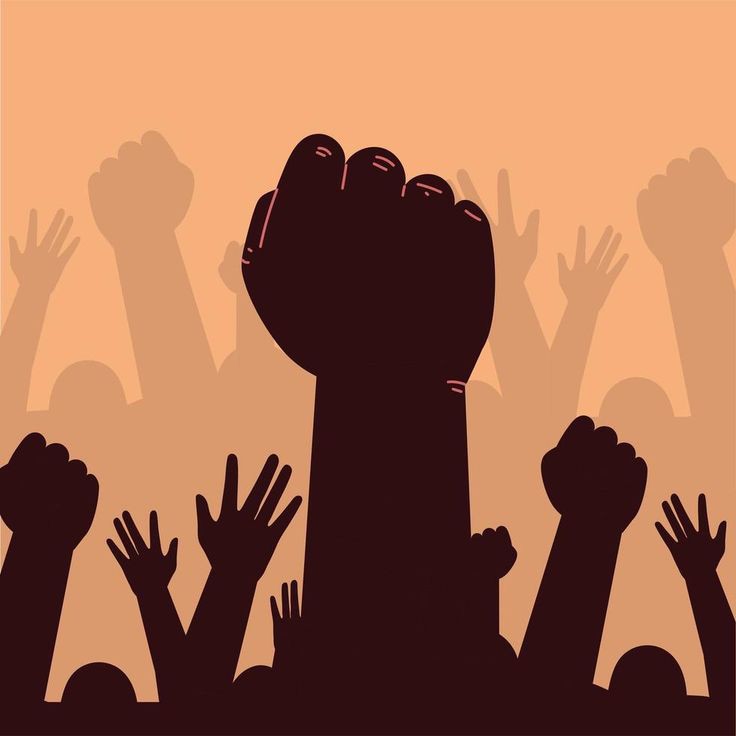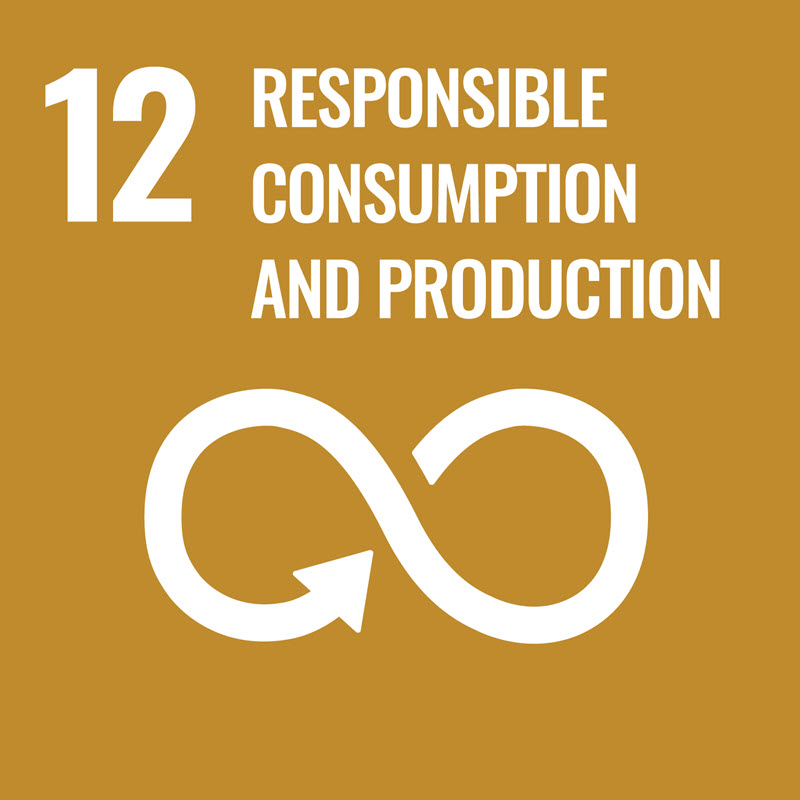From hip-hop, Rhythm & Blues, reggae, fuji, juju, apala, galala, konto, lamba, makossa, soukous to amapiano, Afro beat is an expression of many inspirations.
With these, one may be wondering, what exactly is Afrobeat? Where does it come from? What has it achieved so far and what the future holds for Afro beat? For answers to all of these questions, this article will be taking us on a ride to how Afro beat has risen to the spotlight and what the future holds for it in the global the music industry.
The origin of Afrobeat
Afro beat began in the 1970s as a fusion of traditional Yoruba music with jazz, West African music (Highlife, Fuji), and funk.
Afro beat was twisted by Fela Kuti, a Nigerian legend known for his musical talent and involvement in post-colonial African politics.
Afrobeat emerged from the mind and spirit of Nigeria’s Fela Anikulapo-Kuti, who, like Beyoncé, is known only by his first name. Throughout the 1970s, he combined James Brown’s funk, traditional West African dance rhythms, jazz, and his own take on chamber music for long compositions. While fronting large and tightly scripted bands, Fela used his words and charisma to condemn the colonial powers that carved up Africa, as well as the corrupt systems that kept his country’s leaders in power.
The Ascension of Afrobeat
Recently, there have been a growing list of African nominees for the Grammy Awards. For African music supporters, it is cheering that recognition is being conferred on practitioners within the Afro beats space.
African musicians have worked the lines to promote the music industry both in the local and international space, bringing hope, vibes,
By a nomination for Best World Music Album at the 62nd Grammy Awards in 2020, Burna Boy’s African Giant (2019) opened the path and established the hold of the Afrobeats on the world stage. A year later, at the 2021 Grammy Awards, when his album Twice as Tall (2020) won Best World Music Album, Afrobeats finally had its biggest moment.
Although pop artists from other regions of the continent have been producing songs under the Afrobeats label, Wizkid, Davido, and Burna Boy from Nigeria are the only ones to have sold out London’s O2 Arena or Paris’ Accor Arena. Without a question, Nigerian musicians are the Afrobeats movement’s pioneers.
The Acceptance of Afrobeat by the best
Its no longer news that many of the biggest pop stars in the world have taken an interest in Afrobeats. Beyoncé drew on many of the scene’s top heroes for her Grammy-nominated soundtrack album The Lion King: The Gift and there have been big remix collaborations between Justin Bieber and Wizkid (on singalong anthem “Essence”) and Selena Gomez and Benin City lad Rema on “Calm Down”.
Most recently, a mix of tunes from newly crowned Grammy winners Tems, Rema, and the seasoned Burna Boy were played during the NBA All-Star Game in Utah in February. In English and Pidgin English, a new generation of admirers with ancestries identical to those of these celebrities sung along.
The biggest music stars in the world have collaborated with Afrobeats artists, increasing their global exposure.
Afrobeat is now a game changer
American singer Beyoncé broke new ground for The Lion King: The Gift (2019) by hiring a wide range of Afrobeats artists, including Wizkid and Burna Boy. At the 2021 Grammy Awards, her Brown Skin Girl with Wizkid took home the Best Music Video trophy.
The bilingual Angelique Kidjo from Benin, who has won four Grammys before, is a nominee this year once more. She cannot be said to be an Afrobeats performer. But, she had to co-opt some of the genre’s brightest stars in her most recent work since she recognized the genre.
Fireboy and Ed Sheeran just collaborated on a remix of “Peru,” and in will soon start his first U.S. tour.
What the future holds for Afrobeat
Afrobeat will become the most popular genre in the globe in the next two to five years, according to Fireboy. “We’re talking world tours here, not just European tours, not just U.K. tours, or anything like that.”
The Hottest Coalition of Nigerian DJs was founded in 2006 by a group of young musicians from Nigeria. The organization was made up of artists from the nation and its expanding diaspora abroad. Their goal was to spread awareness of the genre of music played often at the time in West Africa by artists like P-Square, 2Baba, and D’banj. These were songs with dance and electronic music influences set to African percussion, as well as traces of highlife, dancehall, hip-hop, and R&B, which are all forms of Black expression. One of the founding members of the group DJ Neptune says, “It was evident that Africans living abroad were desiring their own music because it was one of the ways they could connect back home.”
Afrobeats is gradually becoming a mainstay on international music stage with so much excitement and vibes from local and international fans. The future holds extensively more for the Afro Beat kings and queens all over Africa



